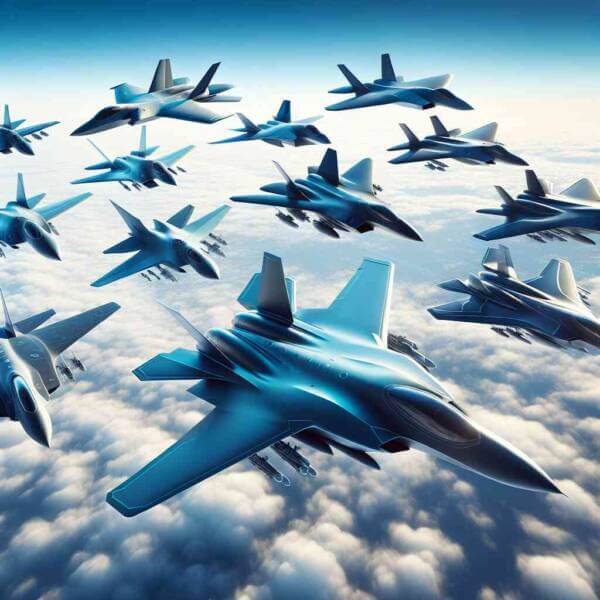
Military aviation is a critical pillar of modern defense strategies around the world.
Nations invest heavily in military aviation to maintain superiority.
The Evolution of Military Aviation
Military aviation started during the dawn of aerial warfare, with aircraft initially used for reconnaissance.
Major milestones in military aviation history include:
- First use of armed aircraft in combat
- Massive growth in air power
- The Cold War era
- Modern drone warfare
Each era brought new technologies that redefined military capabilities.
Main Categories of Military Aviation
Understanding the types of military aircraft helps in appreciating the complexity of modern air forces.
Major aircraft classifications:
- Aircraft designed for air-to-air combat
- Aircraft for long-range attacks
- Planes used to move troops and equipment
- Unmanned aircraft for intelligence gathering
Each type plays a vital role in military operations, from securing airspace.
The Strategic Value of Military Aviation
Controlling the skies gives forces the advantage.
Strategic advantages of air dominance:
- Protecting ground forces
- Cutting off enemy resources
- Surveillance and reconnaissance missions
- Psychological impact on enemy forces
Nations with strong military aviation capabilities can shape outcomes.
Technological Innovations in Military Aviation
Constant research and development push boundaries for future warfare.
Cutting-edge developments:
- Stealth technology
- Missiles and aircraft traveling at speeds greater than Mach 5
- Artificial intelligence-driven missions
- Directed energy weapons
These advancements expand mission possibilities for air forces worldwide.
Challenges in Military Aviation
From high costs to geopolitical tensions, the road to air dominance is a constant battle.
Major obstacles to overcome:
- Budget constraints for defense programs
- Rapid technological changes
- Cybersecurity threats
- Questions about accountability and control
Addressing visit these challenges is essential for maintaining air power.
Future of Military Aviation
The future of military aviation promises radical innovations.
Future trends may include:
- Greater integration of artificial intelligence
- Military satellites and space-based weapons
- Reducing environmental impacts of defense operations
- Enhanced multinational cooperation
The next era of military aviation will revolutionize how wars are fought.
Final Thoughts on Military Aviation
Military aviation remains an irreplaceable element in global defense.
As technology continues to evolve, the skies will remain a critical arena where military aviation safeguards freedoms.
The future of military aviation is full of potential — and it’s only just beginning.
Comments on “Exploring Military Aviation: The Evolution of Air Power”